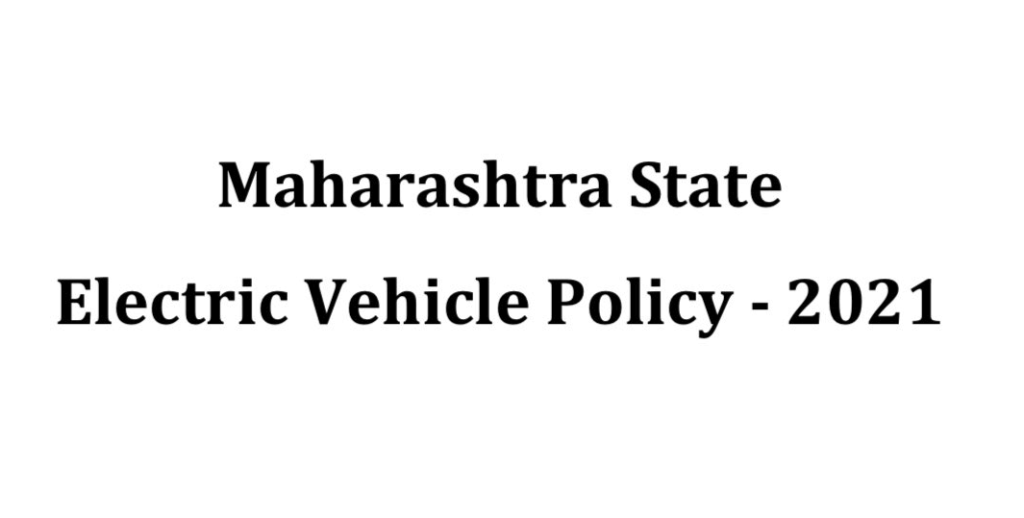The Maharashtra government on Tuesday announced its new Maharashtra EV Policy 2021 to accelerate adoption of electric vehicles and help in developing the charging infrastructure in the state of Maharashtra. The policy also offers incentives for setting up public charging stations and aimed at making Maharashtra the country’s top manufacturer of EV in India.
The new policy, which has updated the one announced in 2018 seeks to establish one gigawatt of battery manufacturing capability in the state.
Policy Aims:
The new electric vehicle policy has set a target of:
- Having 10% of new vehicle registered to be electric by 2025,
- Electrification of 25% of public transport (in six urban centres namely, Mumbai, Nagpur, Pune, Amravati, Aurangabad and Nashik) and last mile delivery by 2025,
- Converting 15% of the state transport corporation’s fleet to electric,
- Government vehicles going electric from April 2022
- E-commerce, logistics companies to transit 25% of their fleet transition to electric by 2025.
Key Provisions of Maharashtra EV Policy 2021
- EV policy offers industries all the benefits under ‘D+’ category of mega projects. Benefits would be provided irrespective of location of the manufacturing unit in State. D+ category benefits will be provided to all the industries in least developed parts Maharashtra.
- Incentives under the policy will be applicable from date of notification of policy. It will be disbursed through Industries, Energy and Labour Departments.
- Policy also provided for road tax exemption. All EVs sold in State will be exempted from road tax and registration charges. Vehicles without battery will get 50% of demand incentive while remaining incentive amount will be provided to energy operator
EV Charging Infrastructure:
The policy envisages four type of EV charging facilities, viz.
- a) Domestic user facility (individual)
- b) Public charging facility (government facilities, bus depots, railway stations, fuel stations etc.)
- c) Common charging facility (malls, residential building, educational institutions etc.)
- d) Commercial charging facility (roadside, fuel stations etc.)
Across the state, the rate of Electrical power required for EV charging will be applicable as per location where the EV charging station will be installed ( e.g. If the EV charging station is installed in the Mall, the rate applicable to the malls will be applicable, if it is in industrial area industrial rate will be applicable & if it is in the residential area then residential rate will be applicable).
Electric Vehicle Subsidy
- First 1,000 EV private/public passenger bus buyer whose vehicles are registered in the state will be eligible for user subsidy over policy period of 5 years.
- 10% subsidy for passenger buses registered in the State to private/public bus transport buyer, on base price (maximum limit of Rs. 20 lacs per vehicle) will be eligible to buyer. Subsidy will be transferred to buyer’s bank account within 3 months of purchase date.
- First 1,00,000 EV (2 wheeler-70,000, 3 wheeler-20,000 and 4 wheeler-10,000 all categories combined) registered in the State, private transporter and individual buyer to get end user subsidy over policy period of 5 years.
- 15% subsidy (maximum limit of Rs.5,000 for 2 wheeler, Rs. 12,000 for 3 wheeler, and Rs 1 lac for 4 wheeler) per vehicle to private transport and individual buyer for Electrical Vehicles registered in the State, on base price will be paid to buyer. Subsidy will be transferred to buyer’s bank account within 3 months of purchase date.
- Exemption from road tax and registration fees for Electric Vehicles.

